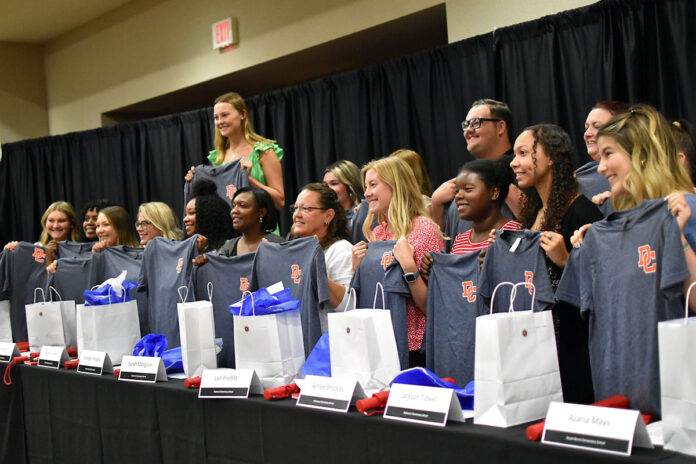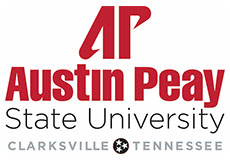 Clarksville, TN – The Austin Peay State University (APSU) Grow Your Own Teacher Residency, a program launched to combat the teacher shortage and create more accessibility to the education profession, continues to expand.
Clarksville, TN – The Austin Peay State University (APSU) Grow Your Own Teacher Residency, a program launched to combat the teacher shortage and create more accessibility to the education profession, continues to expand.
More than 165 teacher residents are enrolled in the accelerated, three-year program. This fall, a new cohort of teacher residents begins working in five Tennessee counties: Cheatham County, Dickson County, Hickman County, Montgomery County, and Robertson County.
All five school districts celebrated the incoming cohorts during Teacher Residency Signings at Austin Peay State University on August 2nd and 3rd. It marked the first signing ceremony for rural cohort participants. These teacher residents will graduate from the Grow Your Own program with a bachelor’s degree in teaching from APSU.
Nashville State Community College and Volunteer State community colleges partner with the school districts and APSU, allowing students to earn an Associate of Science in Teaching in two years. The teacher residents attend college tuition-free while earning a paycheck from the school district.
The rural counties of Cheatham County, Dickson County, Hickman County, and Robertson County will welcome a combined 38 new teacher residents into their schools this fall. The signing event, where the new teacher residents officially commit to the school where they will work for the next three years, was especially exciting for Thelma and Haylee Black, a mother-daughter pair from Dickson County.
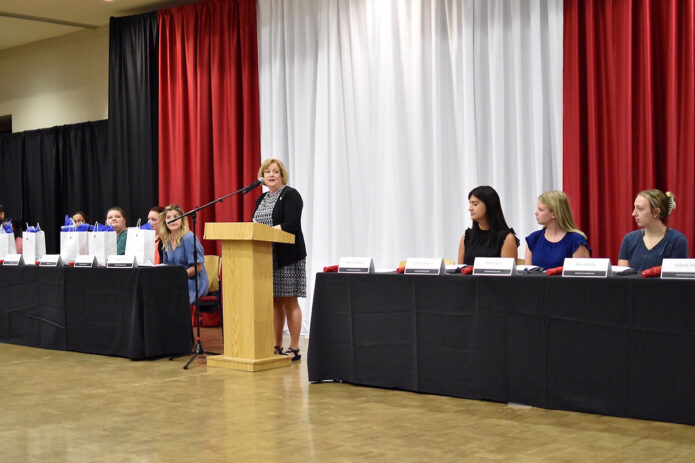
Thelma will work at Burns Middle School, while Haylee will be in the classroom at The Discovery School. Thelma previously worked as a billing assistant, while Haylee graduated in May from Dickson County High School.
“I’ve always wanted to be a teacher,” Thelma said. “I’ve always thought education was important, and to give back to the community is always a good thing.”
According to 2018-19 demographic data compiled by The Education Trust, 83.9 percent of Tennessee public school educators are white. Furthermore, 31.9 percent of Tennessee public schools have no racially diverse teachers on staff. Haylee noticed this trend, which is one reason why she also decided to become a teacher resident.
“I’ve always liked teaching, and there’s been a lack of diversity,” she said. “I wanted to get in there and make it more diverse.”
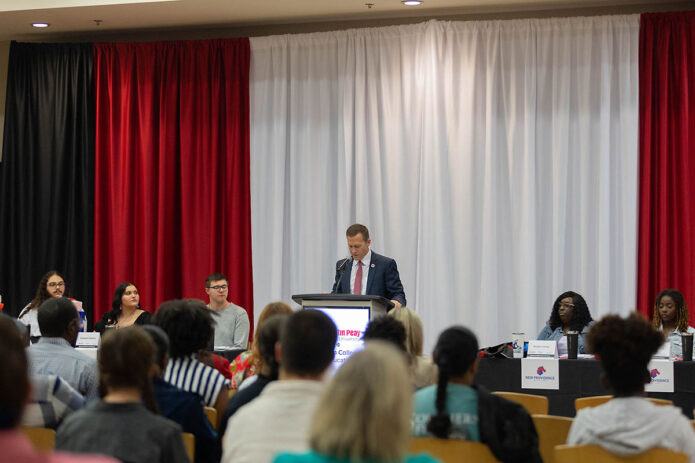
Dr. Prentice Chandler, dean of the Eriksson College of Education at Austin Peay State University, spoke on the power of partnerships and the committed work of many individuals to make the Grow Your Own Teacher Residency a reality.
“This is my favorite day of the year because we are changing people’s lives,” he said. “I’ve never worked with directors of schools and superintendents who were as forward-thinking as this group is. We are fortunate to have great partners who work on problems in the field.”
This model of teacher education, recognized as the first federally recognized teacher apprenticeship by the U.S. Department of Labor, is gaining momentum across the country. In July, the Department of Labor released new guidelines for K-12 teacher apprenticeships and announced allocating more than $27 million to educator preparation programs to support these efforts.
“Providing opportunities for future teachers to earn while they learn has created an affordable and exciting pathway into the teaching profession that can help states build a talented and diverse pipeline of educators at a moment when doing so has never mattered more,” said U.S. Secretary of Education Miguel Cardona in a news release.
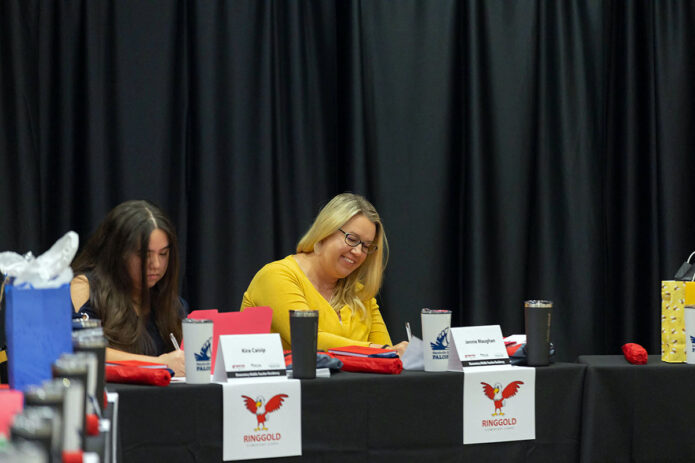
The Grow Your Own Teacher Residency addresses pressing teacher shortages and contributes to a pipeline of more diverse educators licensed to teach in high-need areas, such as K-5, science, math and special education. Nashville State Community College President Dr. Shanna Jackson noted the long-lasting impact of such a partnership, particularly in rural communities.
“To provide this opportunity to create the talent locally that our school systems need, it’s just amazing,” she said.
Dr. Penelope Duncan, early childhood education faculty member and department chair at Volunteer State Community College, commended the rural cohort students for enrolling and beginning the journey toward their teaching license.
At CMCSS, 38 new students are beginning their journey as full-time educational assistants. More than 75 students will be first-year teacher residents this fall across five Tennessee counties.
“Hundreds and hundreds and hundreds of students are going to be impacted because of these men and women that are sitting here tonight, and not only that, but they are changing the trajectories of their lives,” said Dr. Lisa Barron, associate dean and director of teacher education and partnerships. “You’re getting bachelor’s degrees, which I would think will change not only your lives but will change your children’s lives and their children’s lives because education does that.”

